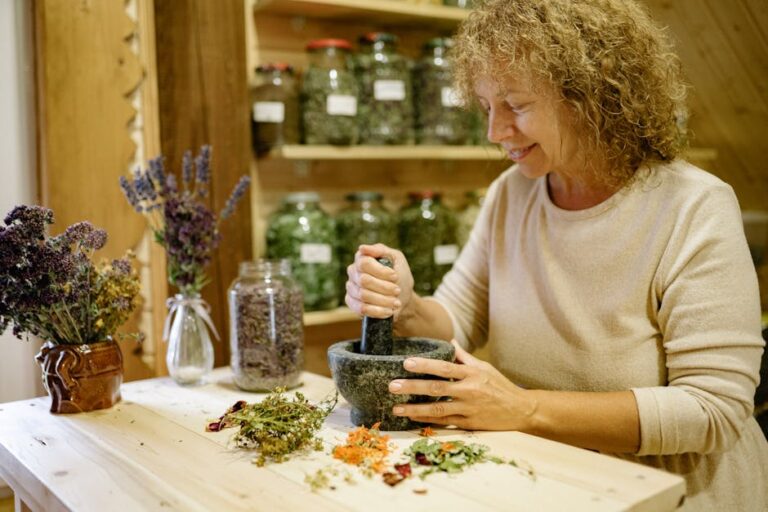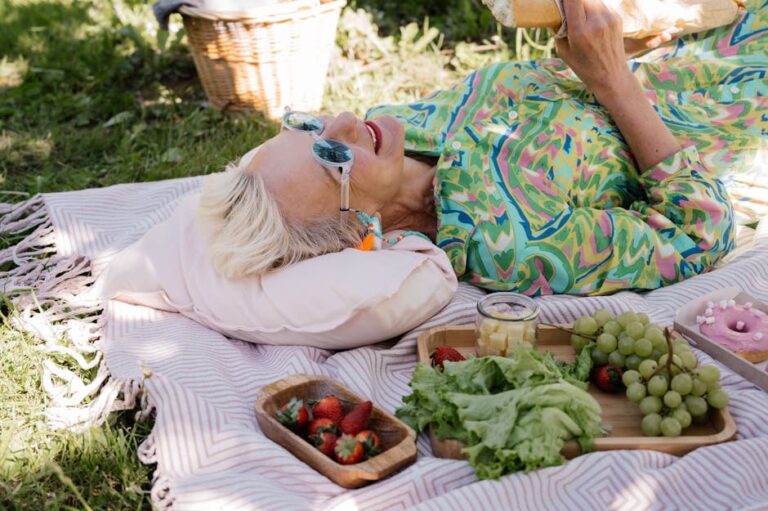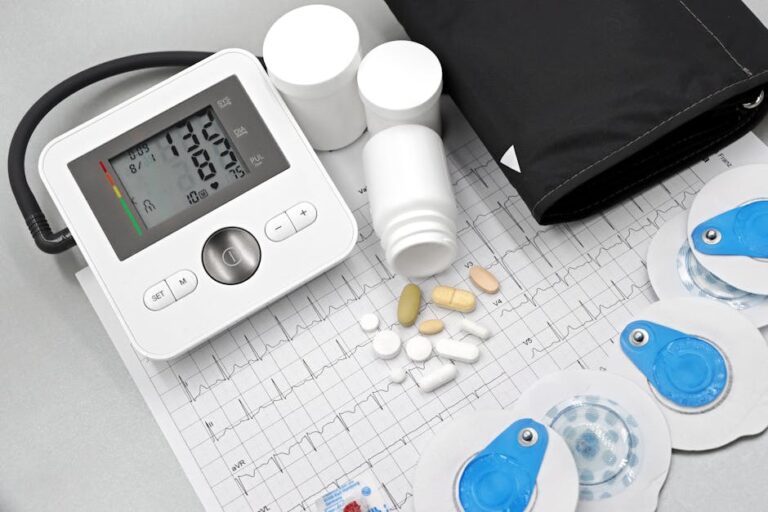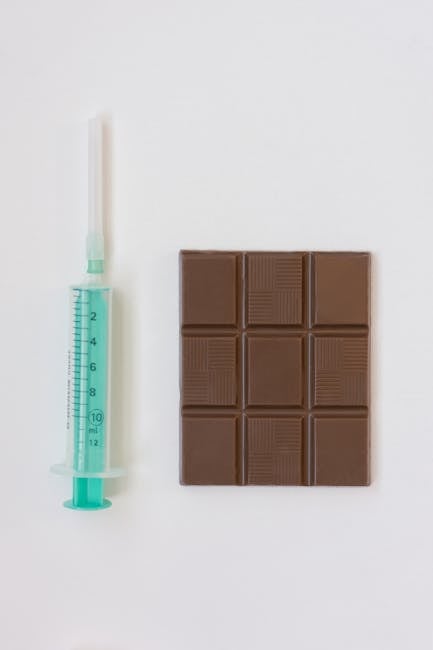Home Remedies for Bacterial Vaginosis (BV): Effective Natural Treatments & Prevention Tips
Understanding Bacterial Vaginosis (BV)
Bacterial vaginosis (BV) is a common vaginal infection caused by an imbalance of bacteria in the vagina. Unlike yeast infections or trichomoniasis, BV isn’t caused by a single, identifiable pathogen. Instead, it’s characterized by a decrease in beneficial Lactobacillus bacteria and an overgrowth of other bacteria, leading to unpleasant symptoms. Understanding the condition is the first step towards effective treatment, and while medical intervention is crucial in some cases, exploring home remedies can provide supplementary relief and support overall vaginal health.
Symptoms of Bacterial Vaginosis
- A thin, grayish-white vaginal discharge with a fishy odor, often stronger after intercourse.
- Itching or burning in the vaginal area.
- Burning during urination.
- Slight abdominal discomfort.
- Vaginal discomfort during sex.
It’s crucial to note that not everyone with BV experiences these symptoms. Some individuals might have no symptoms at all, while others experience a range of severity. If you suspect you have BV, seeking medical diagnosis and guidance is essential. A healthcare professional can perform a pelvic exam and confirm the diagnosis through a vaginal swab test.
Home Remedies for Bacterial Vaginosis: A Holistic Approach
While home remedies cannot replace medical treatment, they can complement it and potentially alleviate symptoms. Always consult your doctor before starting any new treatment, especially if you’re pregnant or have underlying health conditions.
1. Plain Yogurt with Live and Active Cultures
Yogurt containing live and active cultures, particularly Lactobacillus strains, can help restore the natural balance of vaginal bacteria. Lactobacillus produces lactic acid, which maintains the vagina’s acidic pH, inhibiting the growth of harmful bacteria. Consider applying a small amount of plain, unsweetened yogurt (check the label for live and active cultures) directly to the vagina or inserting a small amount internally using a clean finger. However, this method’s effectiveness is debated, and it’s best used in conjunction with other remedies and medical advice.
2. Garlic: A Natural Antibacterial Agent
Garlic possesses potent antibacterial properties. You can incorporate garlic into your diet by adding it to meals or consuming garlic supplements. However, caution is advised regarding direct application of garlic to the vagina, as it can cause irritation. Always consult a healthcare professional before using garlic as a treatment for BV.
3. Tea Tree Oil: Powerful Anti-Infective Properties
Tea tree oil is known for its antimicrobial and anti-inflammatory properties. However, it’s crucial to use it with extreme caution due to its potential for irritation and allergic reactions. Dilute tea tree oil significantly with a carrier oil, such as olive oil or coconut oil, before considering topical application. Even then, applying it directly to the vagina is generally not recommended without consulting a doctor. It’s more appropriate to use diluted tea tree oil in a sitz bath, soaking the genital area in diluted tea tree oil water.
4. Aloe Vera: Soothing and Anti-Inflammatory
Aloe vera gel is known for its soothing and anti-inflammatory properties, potentially relieving the discomfort associated with BV. Applying a small amount of pure aloe vera gel to the external vaginal area can provide relief from itching and irritation. However, avoid internal application.
5. Cranberry Juice: Maintaining Urinary Tract Health
While not directly treating BV, cranberry juice can help prevent urinary tract infections (UTIs), which are sometimes associated with BV. Cranberry’s ability to prevent bacteria from adhering to the urinary tract walls can indirectly contribute to better overall vaginal health.
6. Maintaining Good Hygiene Practices
Proper hygiene plays a significant role in preventing and managing BV. Avoid douching, as it disrupts the natural vaginal flora. Instead, gently cleanse the external vulva with warm water and mild soap. Wear breathable cotton underwear and avoid tight clothing that traps moisture.
7. Dietary Changes: Supporting Vaginal Health
A balanced diet rich in probiotics, prebiotics, and antioxidants can support overall vaginal health. Incorporate foods like yogurt, kefir, sauerkraut, and kimchi into your diet. These foods contain probiotics, beneficial bacteria that can help restore the balance of vaginal flora. Fruits and vegetables are rich in antioxidants, which help fight inflammation and boost immunity.
8. Stress Management: Reducing Inflammation
Stress can exacerbate inflammation and weaken the immune system, potentially contributing to BV. Practicing stress-reducing techniques, such as yoga, meditation, or deep breathing exercises, can support overall health and potentially lessen BV symptoms.
When to Seek Medical Attention
While home remedies can provide supplementary support, it’s vital to consult a healthcare professional if your BV symptoms persist or worsen. Medical treatment for BV is usually necessary to effectively eliminate the infection. Your doctor might prescribe antibiotics, which are often highly effective. It is crucial to complete the entire course of antibiotics to prevent recurrence. Ignoring BV can lead to more severe complications, including pelvic inflammatory disease (PID), which can affect fertility.
Preventing Recurrences of BV
Following the advice provided by healthcare professionals is essential for reducing recurrences. Here are additional strategies you can follow to maintain good vaginal health and prevent future bouts of BV:
- Practice safe sex. Use condoms to reduce the risk of sexually transmitted infections (STIs) that can contribute to BV.
- Maintain good hygiene habits and avoid douching.
- Avoid harsh soaps and scented products on the genital area.
- Wear breathable clothing.
- Eat a healthy diet.
- Manage stress effectively.
- Consult your doctor if BV symptoms recur.
Disclaimer:
The information provided in this article is for educational purposes only and should not be considered medical advice. Always consult with a healthcare professional before starting any new treatment, especially if you’re pregnant or have underlying health conditions. Self-treating BV can be risky and may delay appropriate medical intervention.





